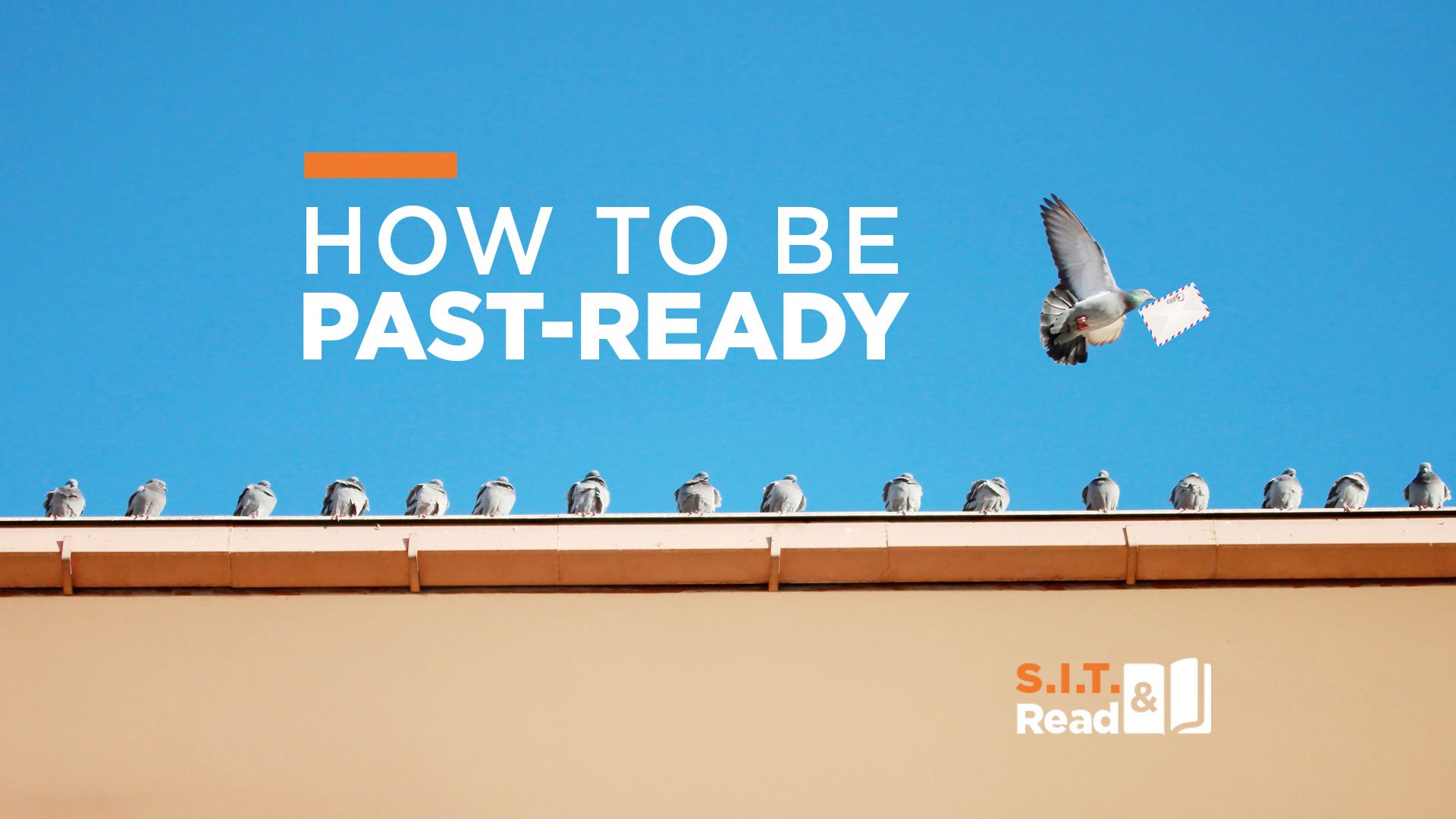Yesterday it occurred to me that none of my girls actually knew what a letter even was. They knew the word but none had ever written nor received one. They had never lived the experience of running to the mailbox to see whether an envelope with a stamp was waiting, bringing news from a dear friend from which they had not heard for months.
I tried to convey this long-lost reality with its accompanying feelings and managed mainly to elicit laughter and ridicule, but also some genuine curiosity.
“So how did they know that you had received and read the letter?”
“Yeah. Imagine them sitting in a caffe in Brasil three weeks after sending it and suddenly hearing a buzz in their ear and saying, ahh great, they opened my letter.” LOL
“And then, when they received your response, it would say: last time she wrote a letter was on November 16th, at 13:45.” LOLer
“What?!? Then it could take like 6 weeks between the moment you wrote to tell her of the video you had just seen and the moment you received her response??? So why bother being in touch with people that far away, anyway?”
And so on and so LOL.
While they were laughing and making fun of us old-timers it suddenly occurred to me: we humans are not only limited in our ability to imagine an unknown future; we’re just as challenged when we try to overcome our fixedness about imagining unlived pasts! In fact, why should there be a difference? Why would it be easier for someone who doesn’t know what is, say, a letter, to invent the concept – that was once an obvious reality to all and sundry – than to invent the next WhatsApp or Telegram?
It somehow feels that it is more difficult, and I have some thoughts on why this is the case, but also the suspicion that the main difference is that we are simply more interested in future-looking-fixedness-breaking than in its past-looking sister, and that is why we invest so much effort trying to invent difficult-to-imagine futures rather than understanding just-as-difficult-to-comprehend pasts.
We tend to believe that innovation necessarily means advancing from iPhoneX to iPhone X+1, 2,3… But what if iP7 was actually better than iP9, say? Which innovation mechanisms do we have to help us correct our course by stepping back? Advancing backwards? Or, on a larger scale, from the perspective of say 1990’s McDonald’s – given that they were clearly selling a mostly harmful product, the obvious innovation strategy, which to a certain extent at a certain point they followed, was to try to make the product more wholesome or, at least, less harmful. This is certainly a worthy effort and a beneficial use of the company’s innovation abilities. From the perspective of the rest of humanity, though, wouldn’t the most effective and benign strategic innovation be to go backwards to a McDonald-less world? Or at least to scale it back in size and reach? In terms of our definition (click here to read the article) this course of action would undoubtedly count as a great instance of innovation, complying with our two criteria:
1) Important impact has been achieved – less harmful food is being consumed;
2) A fixedness has been broken – that the best course of action for MD is to grow and grow, regardless of its impact on society.
Innovation can, I am suggesting, work in both directions. It can mean breaking our fixedness to imagine futures that are seemingly inconceivable with our current knowledge, and it can also lead us to what is often the even more difficult task of realizing that we have forged forward on the wrong branch in the tree of possibilities and would do better to advance backwards to the last fork and select a different route to advance along.
So, as the world reaches increasingly more dead ends, those who have the skills to reimagine quasi-forgotten past-solutions and “invent backwards” to lead us to ways of being whose value we can now appreciate, with the benefit of hindsight, more than we ever did in the past, may become the visionary leaders of the future. Hindsight is given a bad rap because it is assumed that one cannot go back to make use of it. But what if one could?
